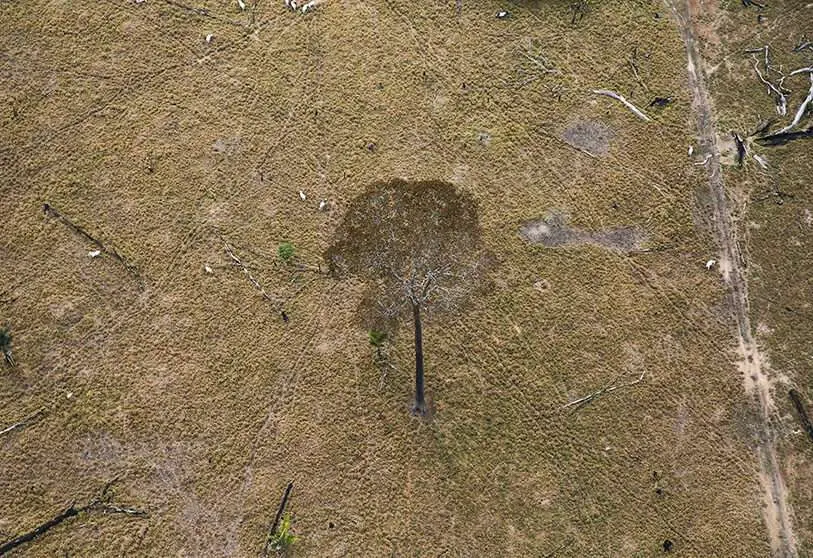40% of Amazon could become a savanna

Around 40 percent of the Amazon rainforest is at risk of becoming a savanna-type ecosystem, while the region's warming from pollutant emissions is increasing, according to a study published in Nature Communications.
These tropical forests in South America are sensitive to changes in rainfall over long periods of time, so a drop in precipitation below a certain threshold can see areas turn into savanna.
Savanna is an ecosystem with a low density of vegetation and is located in subtropical and tropical regions.
"In around 40 percent of the Amazon, the rainfall is now at a level where the forest could exist in either state—rainforest or savanna, according to our findings," says lead author Arie Staal, formerly a postdoctoral researcher at the Stockholm Resilience Center and the Copernicus Institute of Utrecht University.
The conclusions are concerning because parts of the Amazon region are currently receiving less rain than they were previously, and this trend is expected to worsen as the region warms due to rising greenhouse gas emissions.

Study co-author Obbe Tuinenburg said researchers were able to simulate the effect of forest disappearance using the latest available atmospheric data.
Experts explored the resilience of tropical forests from various scenarios.
"As forests shrink, we get less rainfall downwind and this causes drying leading to more fire and forest loss: a vicious cycle."said Staal.
Overall, the researchers found that as emissions grow, more parts of the Amazon lose their natural resilience, become unstable and more likely to dry out and switch to a savanna-type ecosystem.
"We understand now that rainforests on all continents are very sensitive to global change and can rapidly lose their ability to adapt," says Ingo Fetzer of the Stockholm Resilience Center. "Once gone, their recovery will take many decades to return to their original state. And given that rainforests host the majority of all global species, all this will be forever lost."
The experts pointed out that the study only explored the impacts of climate change on tropical forests. It did not assess the additional stress of deforestation in the tropics due to agricultural expansion and logging.








